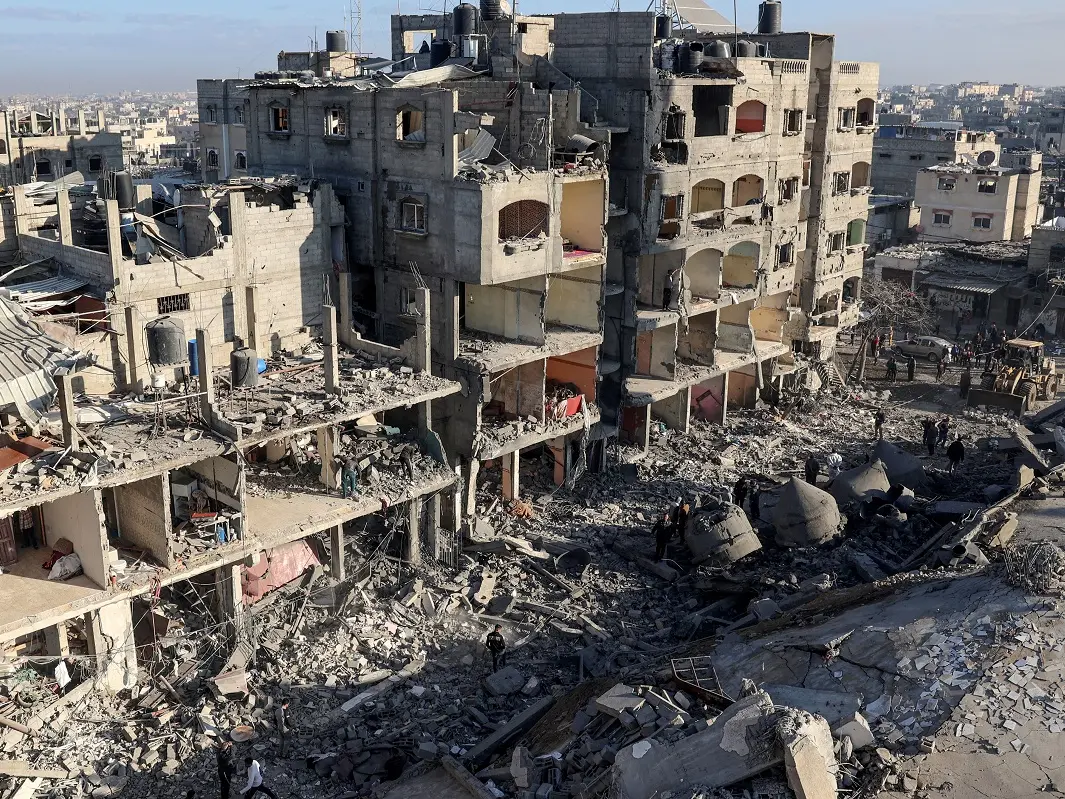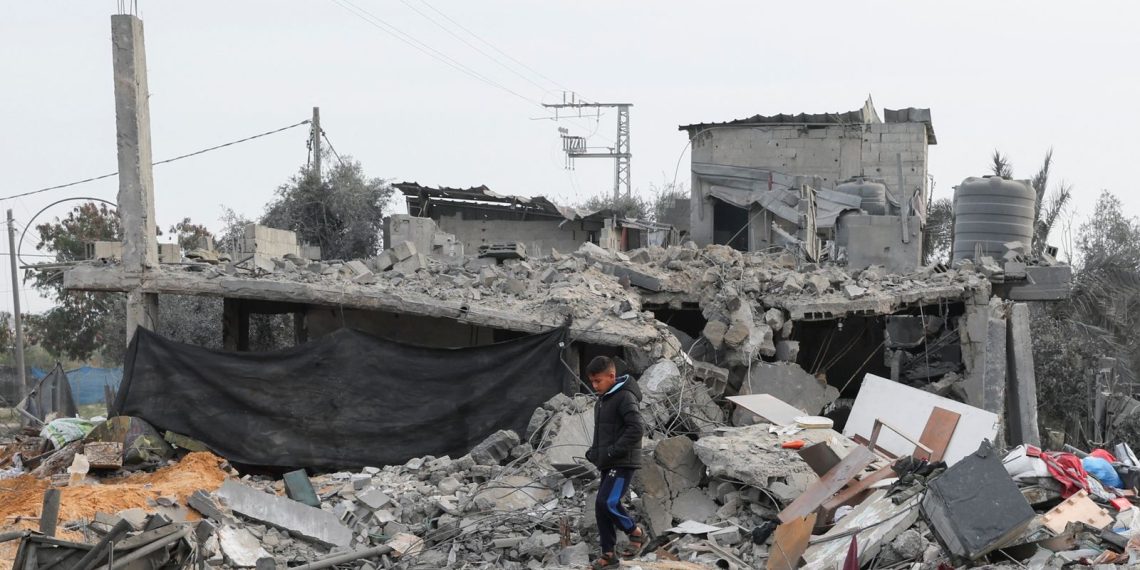Israeli leaders convened on Saturday to receive updates on mediated negotiations for a new Gaza truce aimed at recovering hostages held by Hamas. Despite ongoing talks, little progress has been made in the nearly five-month-long conflict.
In Paris, Israeli delegates engaged in discussions with mediators from Qatar, Egypt, and the United States, who facilitated the sole ceasefire reached in November. This ceasefire saw the release of numerous Hamas captives in exchange for Palestinian prisoners.
Israeli National Security Adviser Tzachi Hanegbi indicated that the delegates returned with potentially promising developments and would brief the war cabinet after the conclusion of the Jewish Sabbath.
Although Hanegbi did not provide specifics, he hinted at the possibility of progress before the onset of Ramadan in early March, a period traditionally viewed as conducive to ceasefire efforts. However, officials from Qatar, Egypt, and the U.S. refrained from immediate commentary.
The hostage crisis, stemming from Hamas’ October 7 cross-border attack that resulted in numerous casualties and hostages, has deeply affected Israel. Thousands gathered in Tel Aviv for a vigil, underscoring the nation’s concern for the hostages’ release. Meanwhile, anti-government protests in the vicinity led to several arrests.

Hamas has conditioned the release of its remaining 130 hostages on Israel freeing thousands of Palestinian militants and halting its Gaza offensive, which has claimed thousands of lives. Israel, however, remains reluctant to agree to such large-scale prisoner releases and insists on dismantling Hamas, indicating that any ceasefire would only be temporary.
While discussions in Paris yielded an outline for a potential truce, the details remain unclear. Israel emphasizes the unconditional release of all hostages, categorically denying any interpretation as an end to the conflict. With ongoing military operations and negotiations, the situation in Gaza remains fluid and uncertain.





